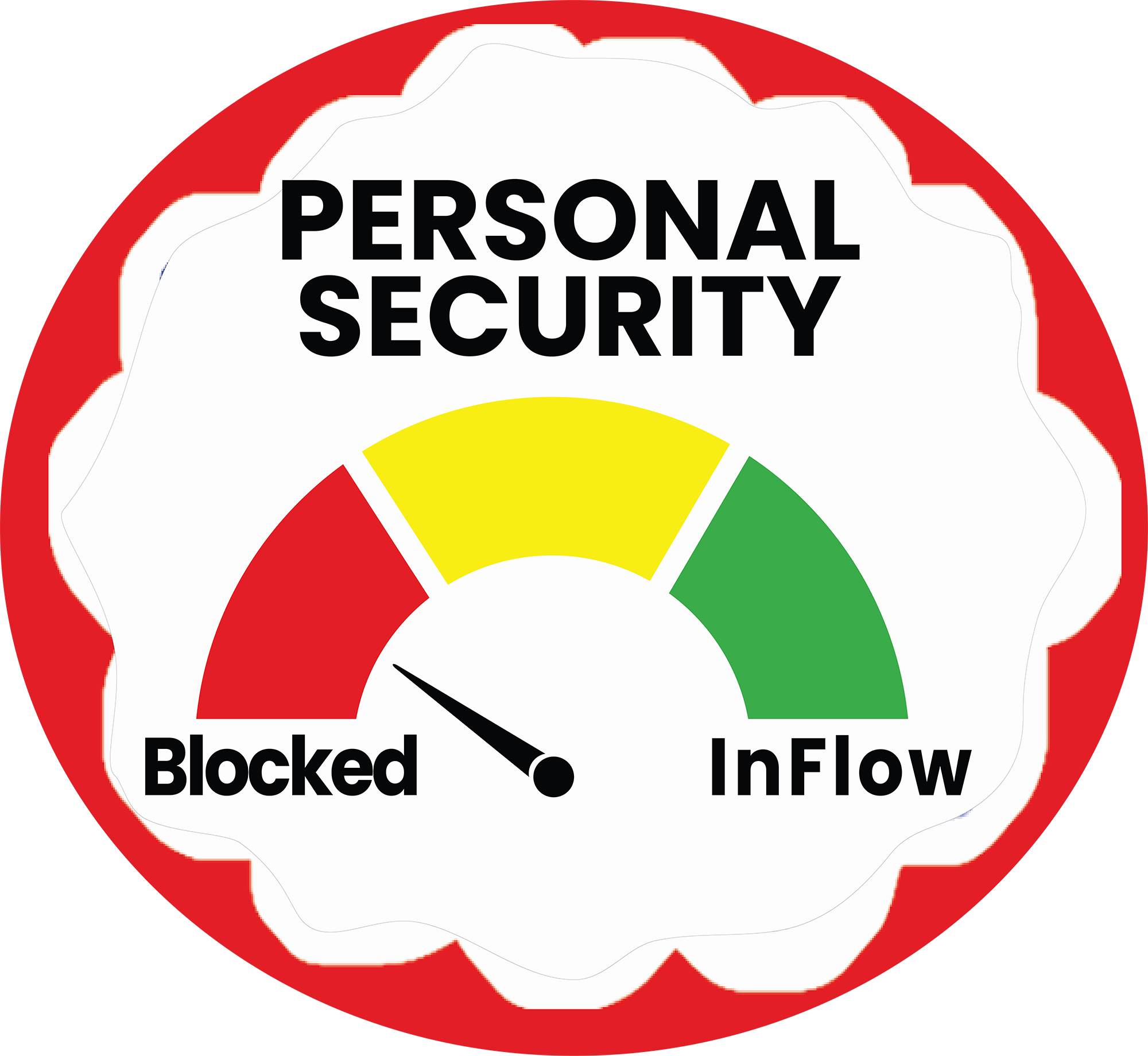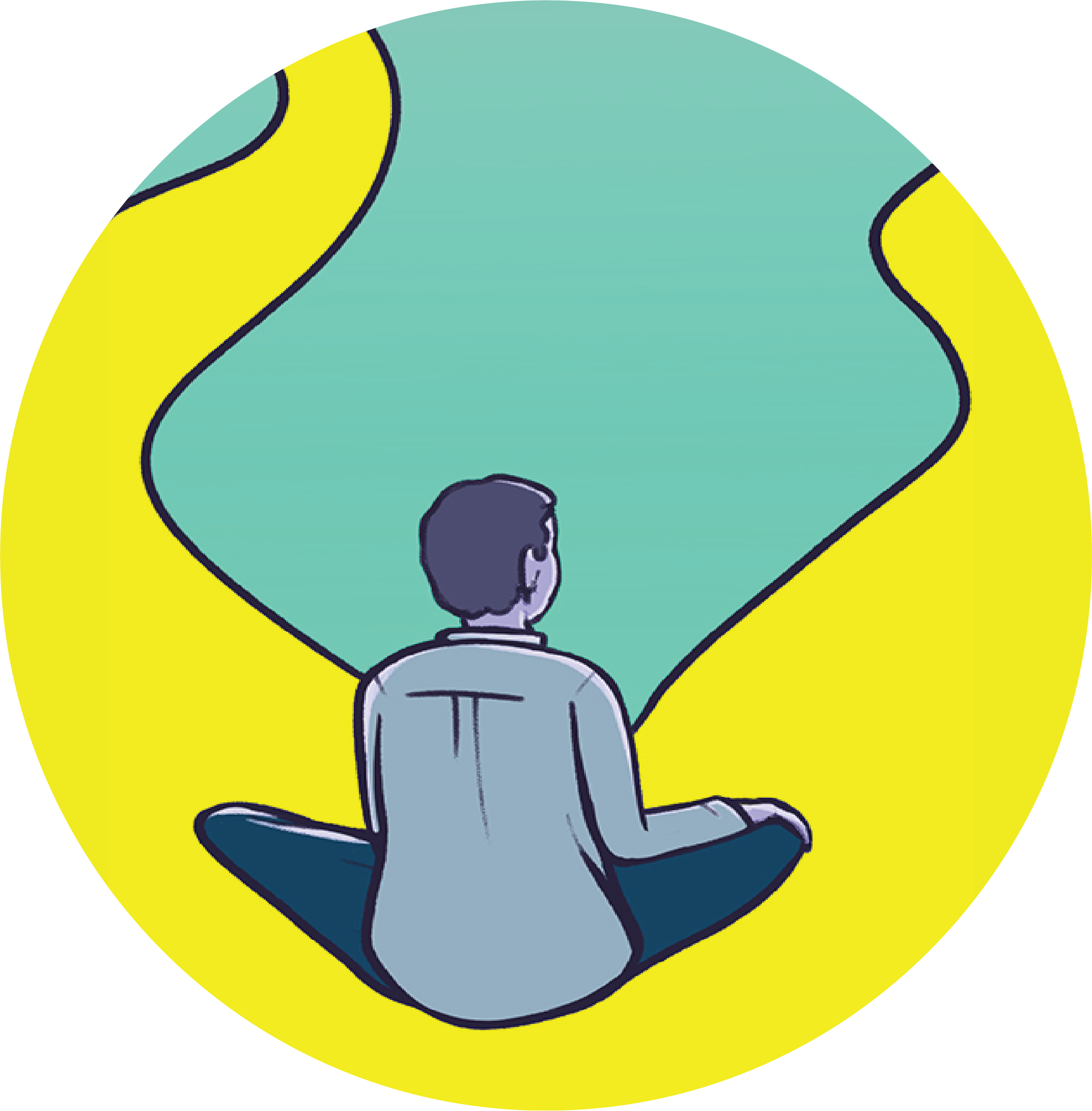
BLOCKED
YOUR RESULTS
Stalled: If the feeling was minimal
Do You Often Feel The Urge To Escape , Take a Break, From Your Life or Your Own Thoughts & Feelings?
What does it mean to escape? In today’s society, it seems we’ve become adept at fleeing from our true selves, escaping reality, and even our ability to sit quietly in the present moment. As a result, we lose touch with what it means to simply “be here now” (Ram Dass).
Ultimately, we operate from one of two basic emotions:
As the old saying goes, a good house needs a strong foundation. Instead, we seek constant distractions. We obsessively focus on external stimuli or even on ourselves, whether it’s through work, binge-watching TV, gossiping, or using substances that offer a temporary reprieve from the emotions bubbling within.


We Are Perfectly Designed, As Our Sense of Personal Security Is Our 1st Subconscious Program!
Do You Often Feel The Urge To Escape , Take a Break, From Your Life or Your Own Thoughts & Feelings?
What does it mean to escape? In today’s society, it seems we’ve become adept at fleeing from our true selves, escaping reality, and even our ability to sit quietly in the present moment. As a result, we lose touch with what it means to simply “be here now” (Ram Dass).
Ultimately, we operate from one of two basic emotions:
As the old saying goes, a good house needs a strong foundation. Instead, we seek constant distractions. We obsessively focus on external stimuli or even on ourselves, whether it’s through work, binge-watching TV, gossiping, or using substances that offer a temporary reprieve from the emotions bubbling within.

YOUR RESULTS: BLOCKED
Note: Progress may stalled if the initial feeling was minimal.
THE ENERGY OF PERSONAL SECURITY: WOMB TO ONE YEAR OF AGE
HELD IN YOUR BODY between YOUr Genitalia & bellybutton
Did your mother experience anxiety or stress during her pregnancy or in your first year of life? While you were in the womb, you shared her hormones and stressors, which profoundly impact your development.
As an infant, you depended entirely on your parents for security. If you didn’t feel safe during that critical period, it might manifest as insecurity in adulthood. These early feelings of insecurity can linger as trauma unless they are identified and addressed.
Key Factors Contributing to Blocks and Held Trauma During Your First Development Cycle, Did Your Mother and/or Family Experience:
- Stressful Pregnancy: During her pregnancy, did your mother experience stressful conditions or have limited support?
- Stressful Environment: During your first year of your life did your parent/s experience tension, frequent arguments, or instability, such as moving often?
- Cared For By Others: Did your parents have to work and had to leave you in an environment you were not familiar with?
- Addiction: Was addiction present in your household?
- Financial Struggles: Were your parents unsure if they could financially support the family?
- Work Instability: Was one or both of your parents unemployed or feeling unstable in their jobs?
- Nutrition: Did your mother receive adequate nutrition during her pregnancy?
- Lack of Love: Did one or both of your parents struggle to express love for you? As a baby, were you given limited physical affection, leaving you feeling less than fully loved?
Is Escapism Your Default Coping Mechanism?
Do you often find that, when faced with stress or challenges, you instinctively seek escape rather than confronting the situation head-on? In other words, is escapism your default coping mechanism?:
People holding trauma in this area may be at greater risk for one or more of the following addictions or emotional tendencies:
SUBSTANCES
DISTRACTIONS
Note: Even if you don’t identify with these patterns, you might still be at risk if you experience a highly stressful or traumatic event.
